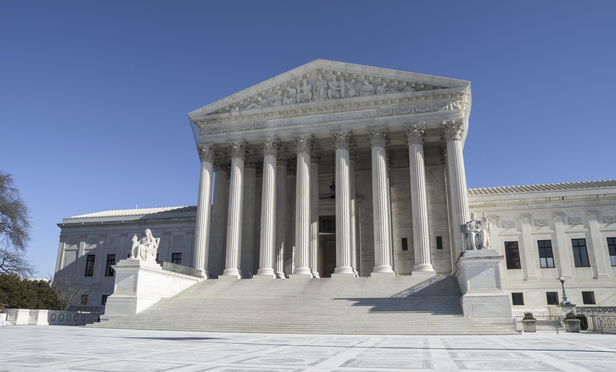In January the U.S. Supreme Court held that parens patriae claims—claims brought by state attorneys general on behalf of their residents—could not be removed to federal court under the Class Action Fairness Act (CAFA). While this ruling purported to simplify the judiciary’s task in assessing questions of removal under CAFA, it ignored the negative practical implications for parties and attorneys, particularly corporate defendants that are litigating in the class action sphere.
The case the high court decided was Mississippi v. AU Optronics, Corp. [PDF], in which the Mississippi attorney general brought an action in state court against manufacturers of liquid crystal displays (LCDs), alleging a widespread price-fixing conspiracy. Mississippi’s complaint largely mirrored a number of consumer class action complaints filed against the same defendants in other jurisdictions following a 2006 U.S. Department of Justice investigation. The LCD manufacturers sought to remove the action under CAFA’s jurisdictional provision, which allows class actions and “mass actions” (in which the monetary relief claims of 100 or more persons are proposed to be tried jointly) to be removed to the more neutral federal courts.






